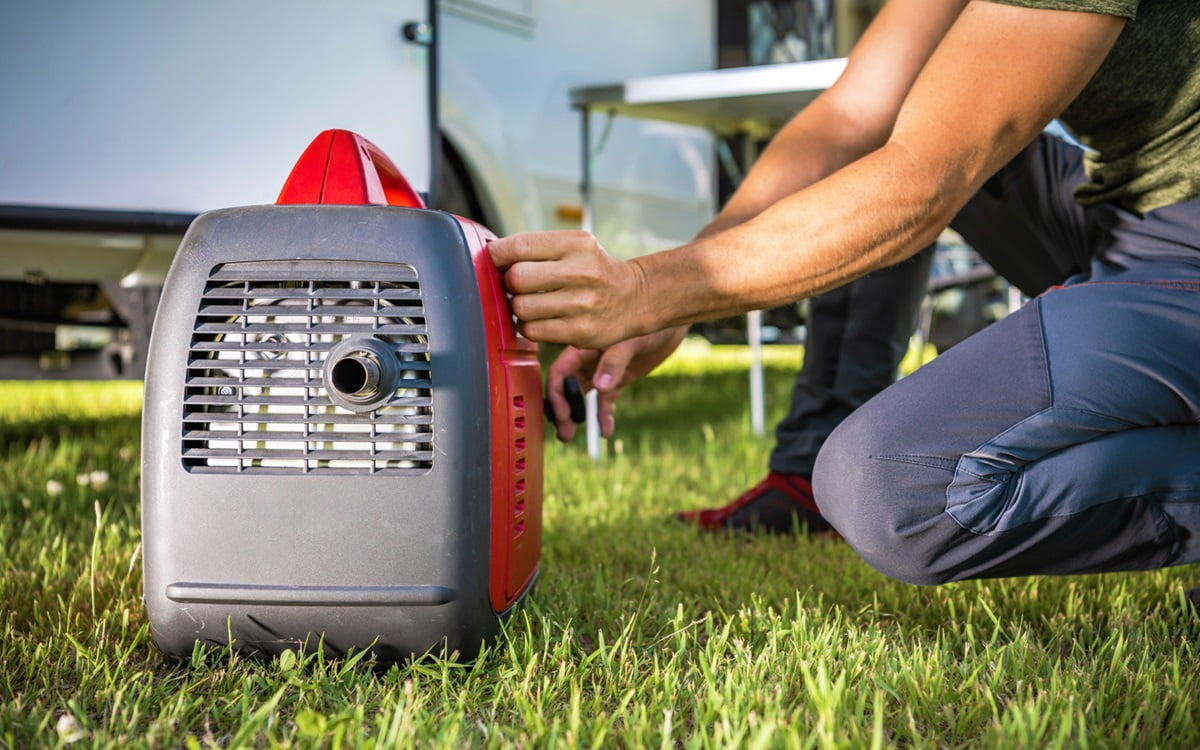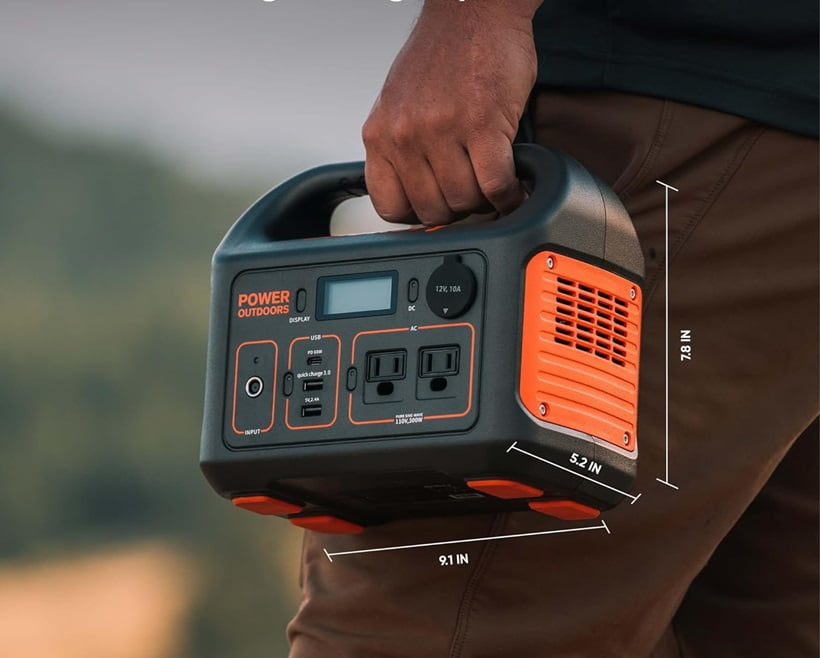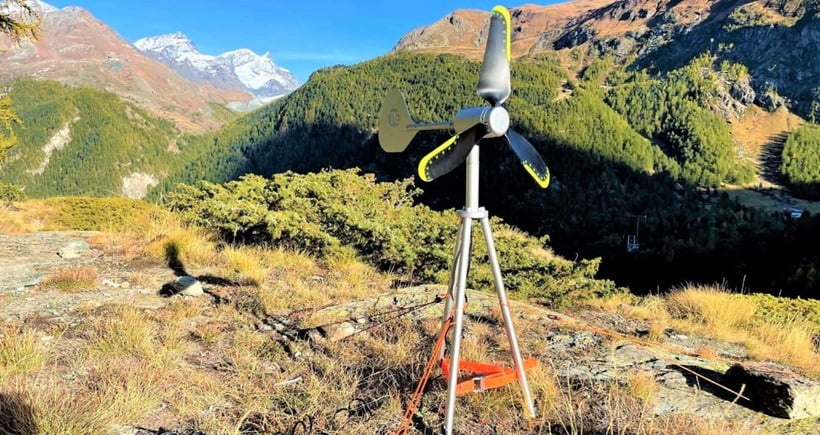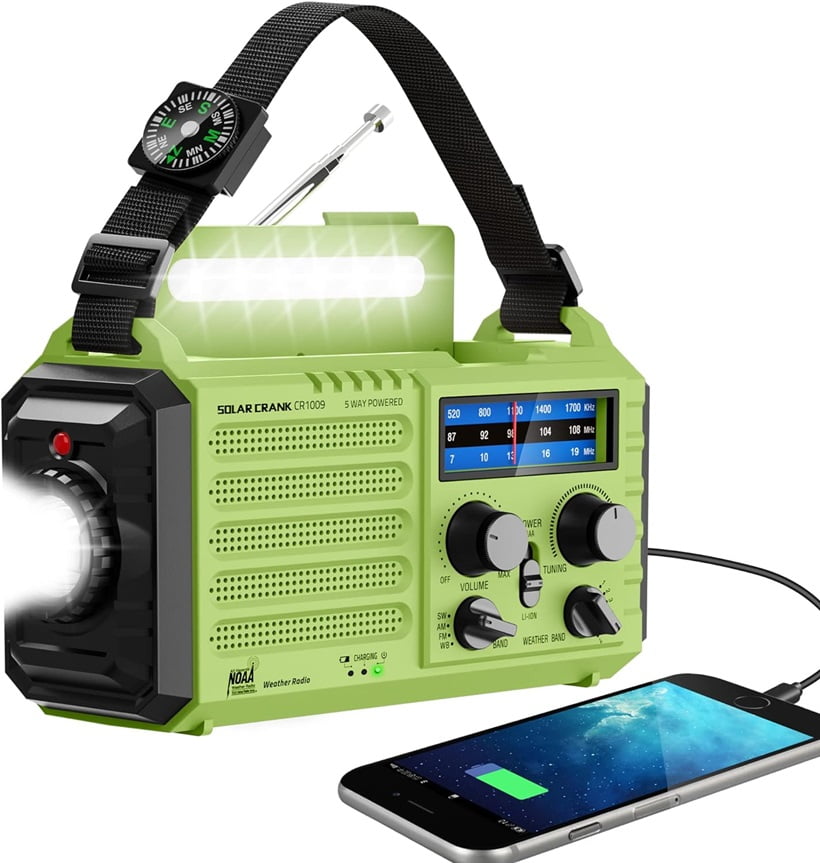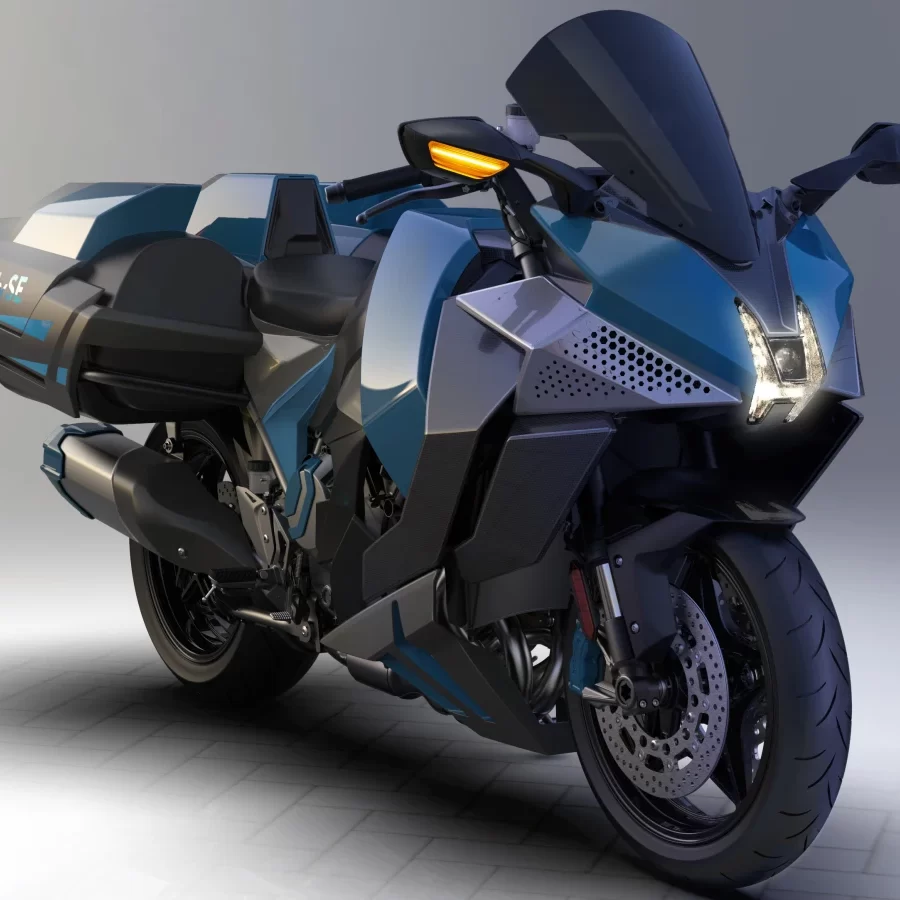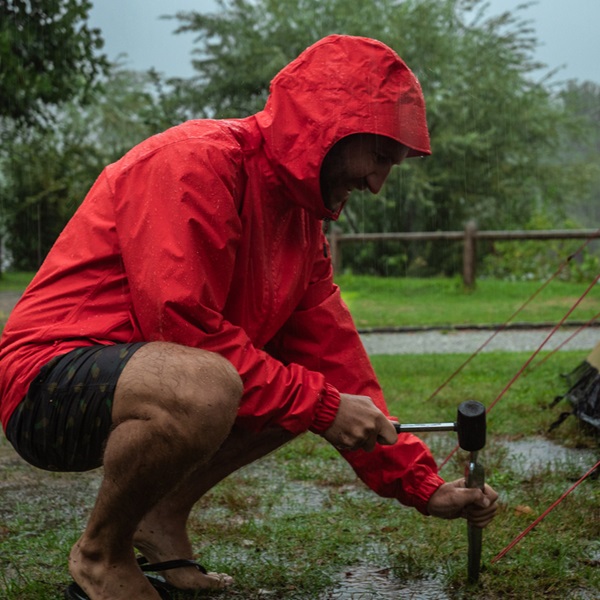
When you are out in nature, the last thing you want to worry about is how to power your essential devices. Whether it is charging your phone, running a portable fridge, or powering up a camping lantern, having electricity when camping from a reliable source can significantly enhance your camping experience.
If you are ready to explore various ways to get electricity while camping, let’s begin!
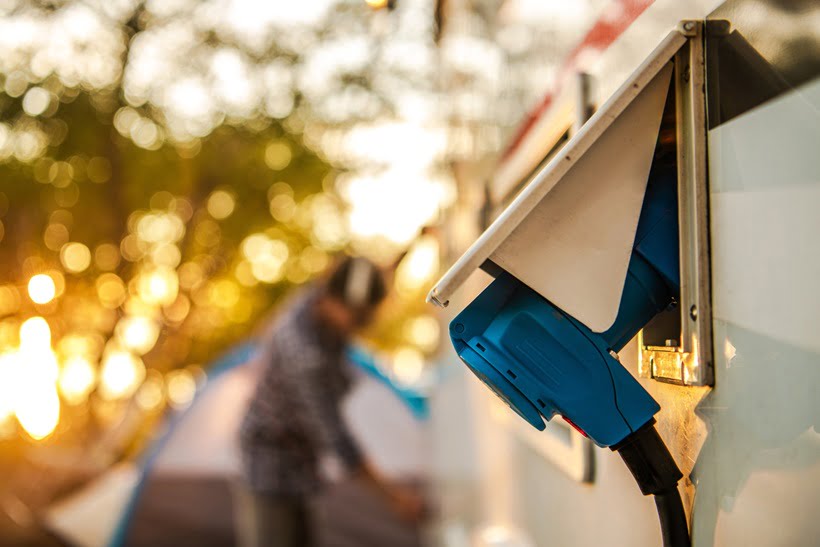
Things to Take into Account When Considering Camping Electricity
Even though camping is a great way to connect with nature, you need modern solutions to maintain your comfort and safety. From the energy demands of your devices to the environmental impact, several aspects may influence your choice of camping electricity.
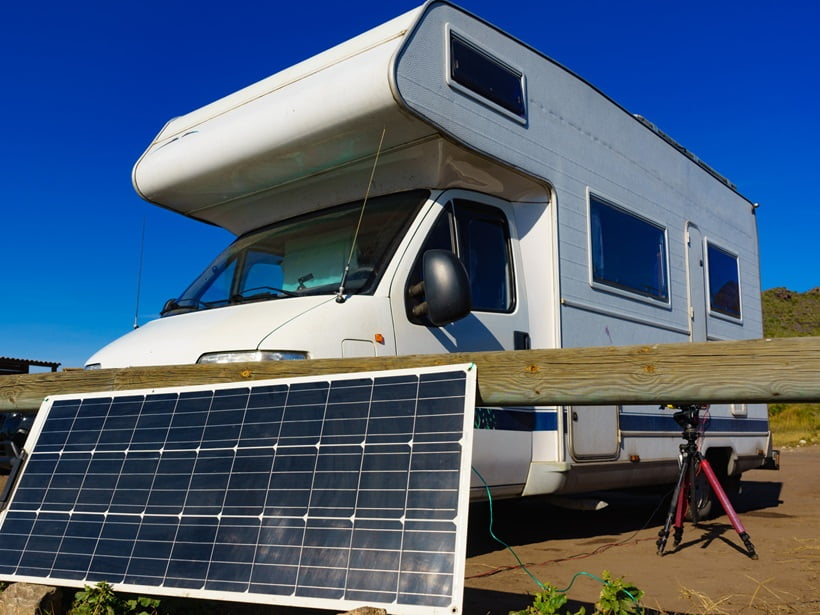
Power Requirements
In order to understand your power needs, you should calculate the total wattage of all the devices you will be using, like lights, chargers, and appliances. This helps you choose the right power source, whether it’s a solar panel, generator, or battery pack, ensuring you don’t run out of juice mid-trip.
Portable Electric When Camping
Consider the weight and size of your chosen power source. Portable options like solar chargers and compact battery packs are ideal for hiking or minimalist camping. On the other hand, larger setups like generators may be better suited for car camping while space is not a concern.
Environmental Impact
To minimize your environmental footprint, you can choose eco-friendly power options. Solar panels and hand-crank chargers are great alternatives to gas-powered generators, which can emit harmful fumes and contribute to noise pollution. You can both enjoy your camping and preserve the natural beauty with sustainable choices.
Weather Conditions
On cloudy days, solar panels may not be as effective as your needs. Therefore, you should always have a backup plan to maintain electricity while camping. You can check extra batteries or a manual power source to prepare yourself.
Safety Considerations
You are in nature where your comfort zone does not matter. But safety is paramount when dealing with electricity outdoors. First, read the manual! According to the instructions of your power station, place your electricity source properly. In addition, never use your electrical devices in wet conditions.
Noise Levels
Nature is peaceful environments where you hear birds singing, leaves rustling… Therefore, your choices will affect your overall camping experience. First, think about the noise your power source may produce. If it is too loud, you may go for quieter options to maintain serenity in the environment.
Options for Electric While Camping
The best way to get electricity when camping depends on your needs and environmental conditions. Because having the right setup can make all the difference between a comfortable experience and a challenging one. Some of the power sources you can benefit from are shared as follows:
Solar Panels
Solar panels are a popular choice for generating electricity when camping, especially for those who prefer eco-friendly options. They harness the sun’s energy, providing a renewable source of power. Solar panels are silent, lightweight, and easy to set up, making them ideal for longer trips.
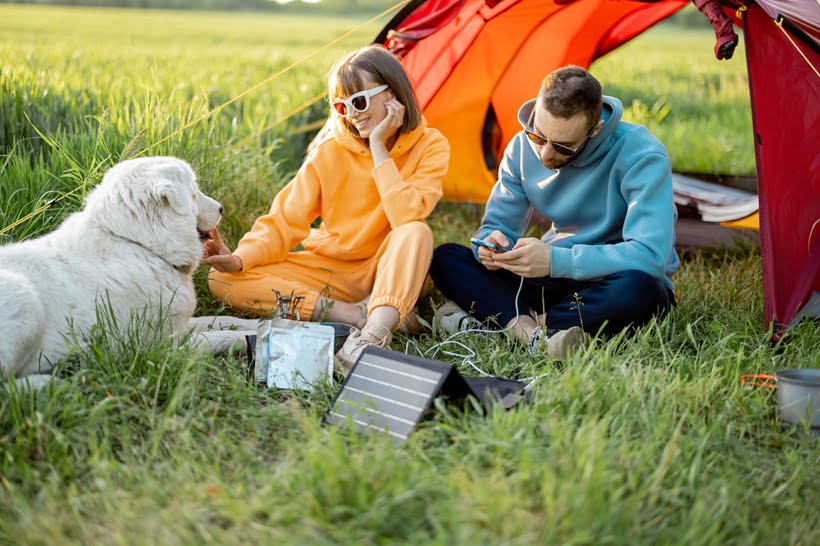
Advantages:
- Environmentally friendly: uses renewable energy.
- Quiet operation: No noise pollution.
- Portability: lightweight and easy to transport.
Disadvantages:
- Weather dependent: ineffective on cloudy days or in shaded areas.
- Slow charging: Takes longer to charge devices compared to other options.
Portable Generators
Portable generators are a powerful option for providing long-lasting electricity while camping, especially for energy-intensive devices. They run on fuel, such as gasoline or propane, and can deliver a consistent power supply. Generators are versatile and can handle multiple devices simultaneously.
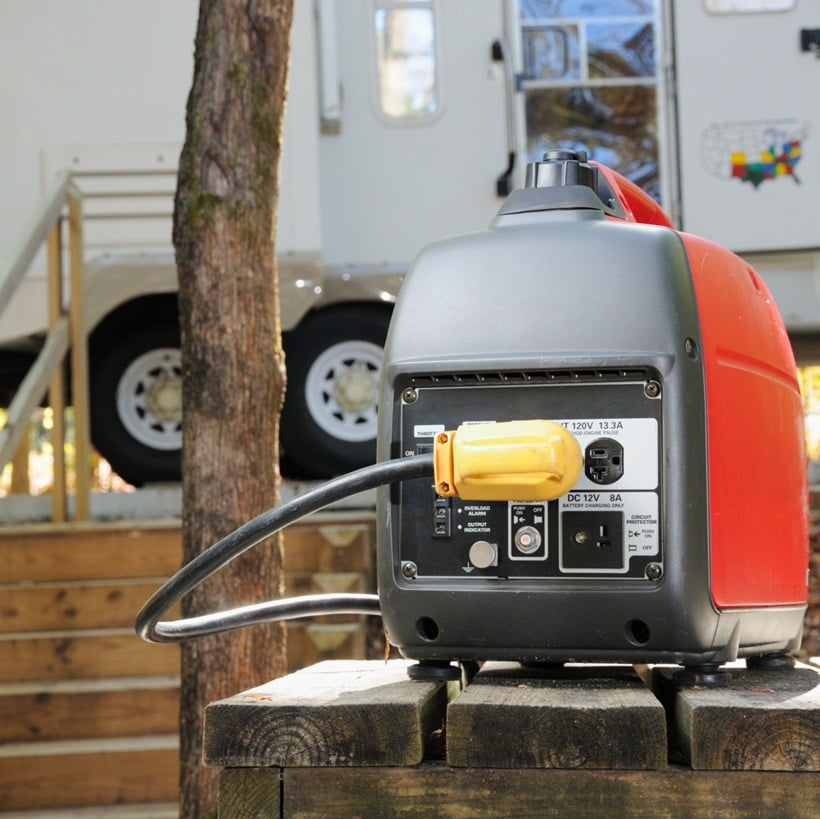
Advantages:
- Reliable power: consistent and high output.
- Versatile: Can power a wide range of devices.
- Weather-resistant: Functions in most weather conditions.
Disadvantages:
- Noise pollution: Can be loud, disturbing the peace of the campsite.
- Fuel required: Ongoing costs and the need to carry fuel.
- Environmental impact: emits fumes and has a larger carbon footprint.
Battery Packs
Battery packs are convenient and portable, offering a simple solution for electricity when camping. They come in various sizes and capacities, from small power banks for phones to larger packs that can power a fridge. Battery packs are easy to use and require minimal setup.
Advantages:
- Portability: compact and lightweight.
- Easy to use: simple setup with no moving parts.
- Silent operation: No noise, making them ideal for quiet campsites.
Disadvantages:
- Limited capacity: Can run out of power quickly if not recharged.
- No renewable energy: Must be recharged before or during the trip.
Wind Turbines
While less common, portable wind turbines are another option for generating electricity when camping. They harness wind energy to charge devices. In addition, wind turbines offer a renewable and eco-friendly power source. If there is a consistent wind in your campsite, then these turbines can be a great addition.
Advantages:
- Eco-friendly: Uses renewable wind energy.
- Long-term power: can generate power continuously in windy conditions.
Disadvantages:
- Weather dependent: requires consistent wind to function.
- Setup complexity: More challenging to set up compared to other options.
- Noise: Can generate noise, though typically less than generators.
Hand Crank Chargers
Hand-crank chargers are a manual solution for electricity when camping, ideal for emergency situations. By turning a crank, you can generate small amounts of power to charge essential devices like phones or flashlights. They are highly portable and don’t rely on external sources.
Advantages:
- Always available: Doesn’t rely on weather or fuel.
- Highly portable: small and lightweight.
- Emergency use: Great for backup power.
Disadvantages:
- Low power output: limited to charging small devices.
- Labor-intensive: requires manual effort to generate power.
If you wonder how to have electric while camping and which one is the best way to have electricity while camping, you can compare the above options. But from our perspective, solar panels and portable generators are the most reliable ones for consistent power. Solar panels are the eco-friendlier choice, while generators are a long-lasting solution. Depending on your camping style and power needs, one or a combination of these options can ensure you have the electricity you need while enjoying the great outdoors.

